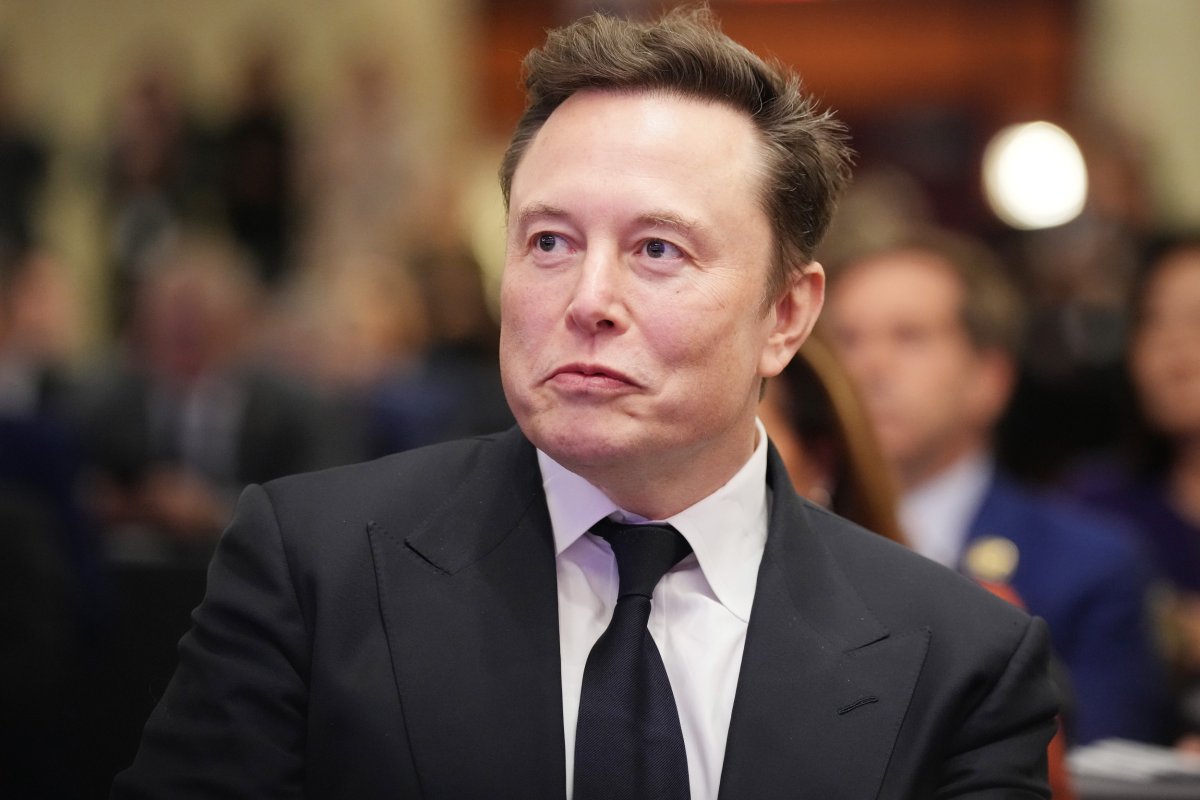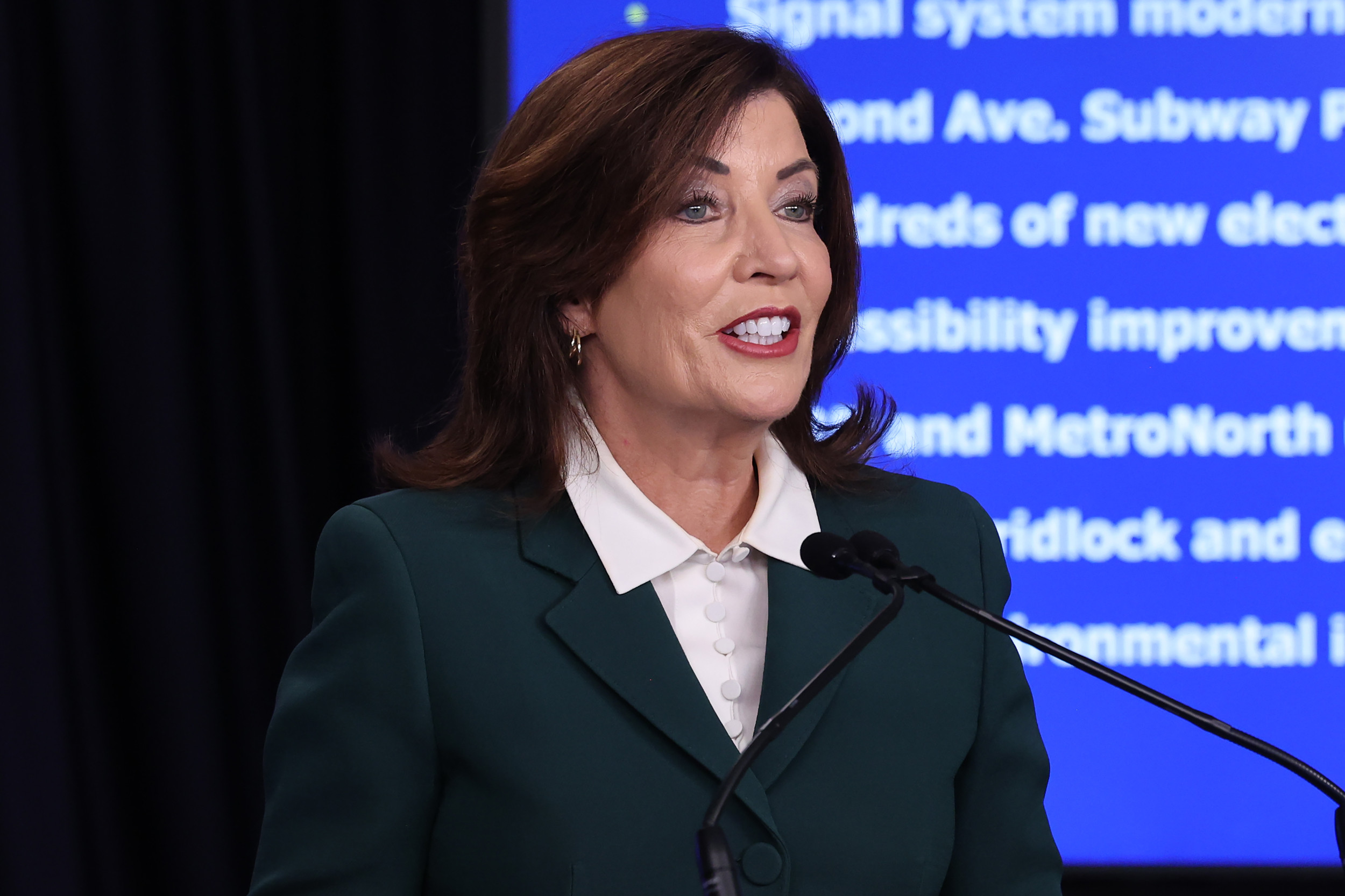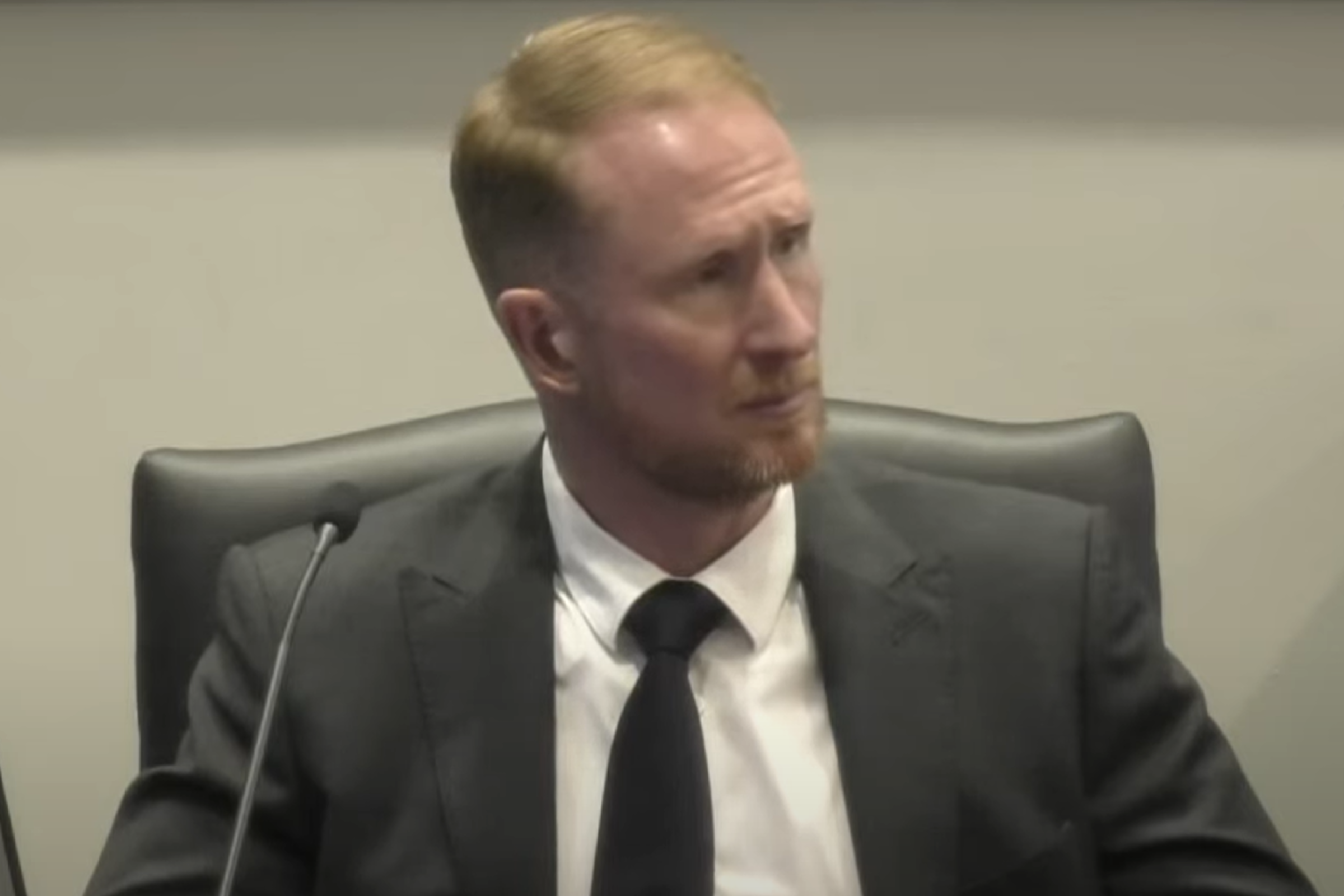The United States Air Force, Department of Defense, and other agencies are investigating Elon Musk and SpaceX for allegedly failing to disclose meetings with adversarial foreign leaders as required by federal law.
This is absolutely inexcusable. Musk's SpaceX has handled nearly 80 percent of U.S. government sponsored rocket launches this year, including critical national security missions. Yet Musk has reportedly met with China and Russia's top leaders numerous times; the Wall Street Journal reported that Vladimir Putin explicitly asked Musk to help Xi Jinping, the chairman of China's Central Military Commission, with a political matter. These communications may present a concern for the U.S. because China and Russia are America's top space rivals, and they are working together to challenge America's space dominance.
Congress and the Space Force should quickly address this matter by swiftly passing and implementing new legislation that mandates stronger vetting and divestment requirements
Space is no longer a nonthreatening environment that is merely for exploration and scientific discovery; it is a contested domain where the stakes are high. Satellites underpin global communications, navigation, and military operations, while control of lunar resources could be what determines economic dominance in short order. Gaps in security and oversight would allow America's adversaries to exploit vulnerabilities in what might be the top warfighting domain of the future.
Together, China and Russia pose a formidable challenge to the U.S.' leading role in space. These countries' cooperation is a marker of a coordinated campaign to erode American influence in orbit and in the broader geopolitical arena. The two nations are collaborating on everything from planned moon missions to space stations to advanced satellite technology. They are also working together on a joint lunar research station to rival the U.S.-led Artemis program.
Musk's meetings with Chinese and Russia officials may have been innocuous, but if so, that raises the question: Why didn't he report them as required?
And even if they were innocuous, they still speak to the systemic vulnerabilities that the United States faces because of its failure to mandate that its contractors remain clear of ties with adversarial foreign nations.

It is Congress' role to set boundaries that keep America's defense programs safe, sharp, and secure. The creation of national security-minded oversight mechanisms on the U.S. space program cannot be outsourced. It is in this area that legislative action, such as the SPACE Act, previously introduced by Sen. Marco Rubio, would prove useful. The SPACE Act would have banned U.S. space contractors operating on government contracts from maintaining links with China and Russia. Though the legislation never received a floor vote, its premise is particularly relevant today and is worthy of re-consideration in the next Congress.
By codifying restrictions and introducing strict, detailed vetting processes of space contractors, Congress can set boundaries that protect America's defense interests. It can and should also stipulate regular audits and increased reporting to ensure transparency and accountability.
Imposing guidelines and oversight mechanisms on U.S. space contractors will help to ensure that they work within the bounds of the U.S.' strategic framework. This will benefit not only America's national security but also the long-term future of the private space industry—because the more the government can rely upon private firms, the more growth they will experience.
If SpaceX and other contractors prove unwilling to comply with these requirements, then Congress, NASA, and the Space Force should look elsewhere for their space procurement needs. That is what two members of the U.S. Senate's Armed Services and Foreign Relations Committees would already like the Air Force to do, with Air Force Secretary Frank Kendall already declaring that he understands their concerns.
Winning the space race is far more important than remaining committed to any one contractor. U.S. decision makers should do what needs to be done without delay.
Nick Lampson, a former member of Congress from Texas, is a former Ranking Member of the Space and Aeronautics Subcommittee on the United States House Committee on Science, Space, and Technology.
The views expressed in this article are the writer's own.




















 English (US) ·
English (US) ·